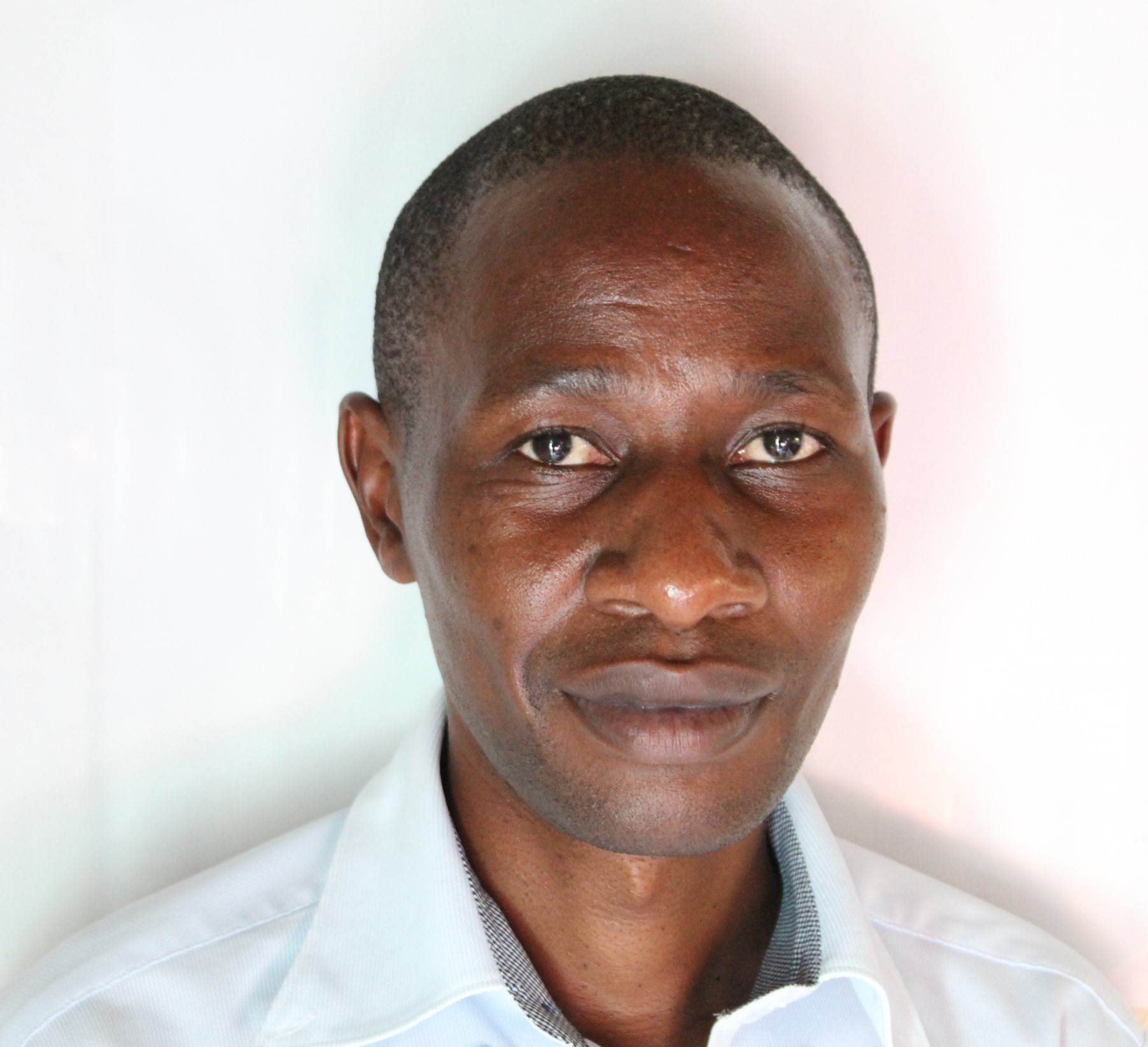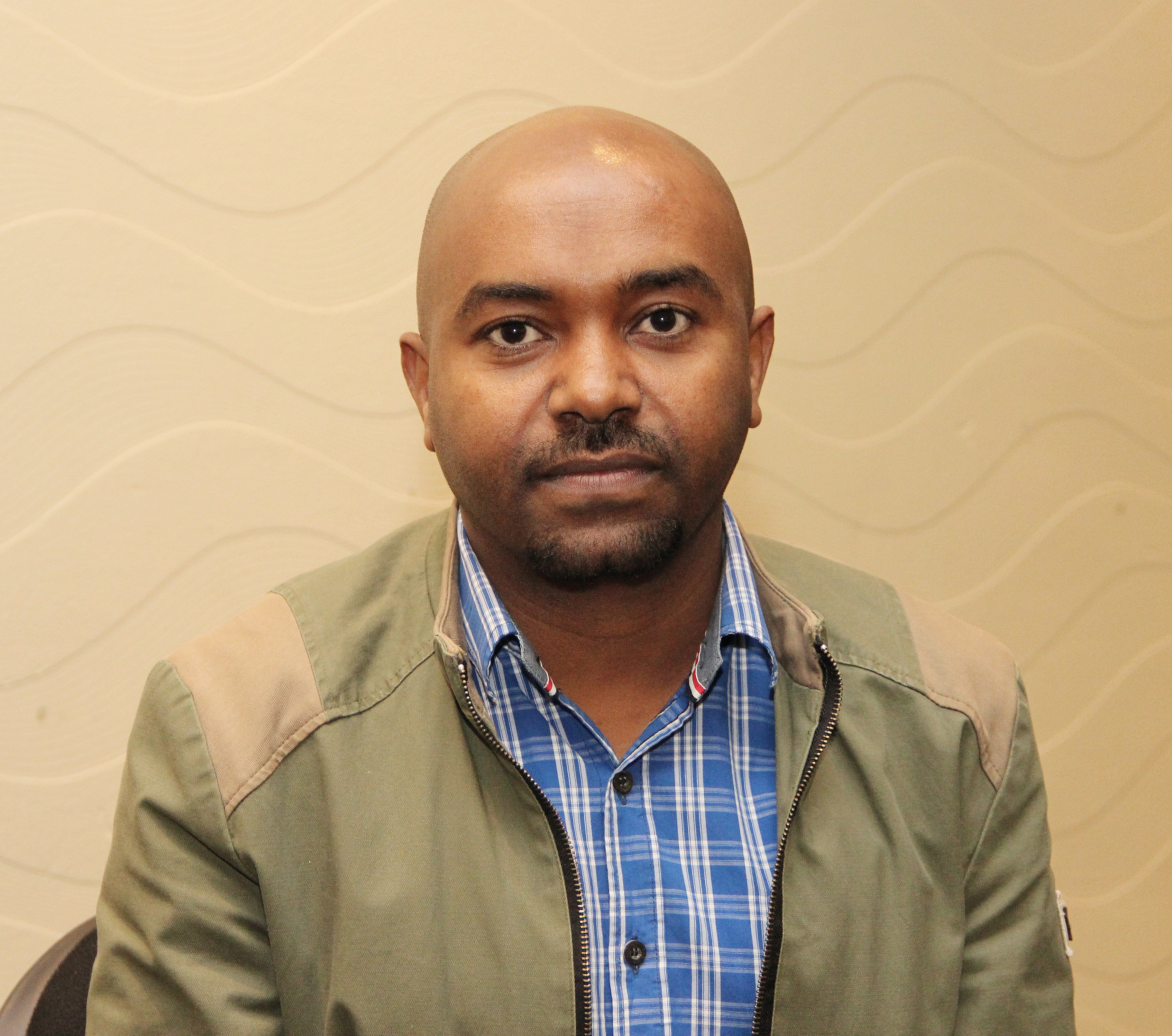

Dr
Evans Chadeka
Project Title
Intestinal schistosomiasis in preschool and school children residing along shores and on islands of Lake Victoria western Kenya: Investigation of eosinophil cationic protein and fecal occult blood as potential markers for schistosomiasis induced bowel morbidity (ECP&FOB)
Project Objectives
Specific objectives: 1.Assess the extent of S. mansoni infection in preschool and school aged children using parasitological (Kato-Katz) and CCA POC kits methods. 2. Compare fecal levels of eosinophil cationic protein and fecal occult blood in children not infected and those infected with S. mansoni. 3.Measure fecal levels of eosinophil cationic protein and fecal occult blood in S. mansoni infected children pre and post treatment with praziquantel. 4.Evaluate potential use of eosinophil cationic protein and fecal occult blood as markers for intestinal schistosomiasis induced bowel morbidity. 5.Compare performance of eosinophil cationic protein and fecal occult blood as potential surrogate markers in identifying S. mansoni infection induced bowel morbidity among preschool versus school children.
Host Organisation
| Department | Institution | Country |
|---|---|---|
| Kenya Medical Research Institute (KEMRI) | KE |
EDCTP Project
TMA2019CDF-2746
EDCTP Program
EDCTP2
EDCTP Project Call
Career Development Fellowship (CDF)
Project Summary
Background: Eosinophil cationic protein (ECP) is a basic protein found in eosinophil granulocyte and is increasingly being used as a marker of bowel inflammation. Fecal occult blood (FOB) is also a reliable indicator of bowel morbidity. National schistosomiasis control programs currently target school children with mass chemotherapy with aim of controlling schistosomiasis related morbidity. There is growing evidence indicating preschool children are equally at schistosomiasis risk and can benefit from the control programs. This has seen WHO advocate for schistosomiasis morbidity control interventions in preschool-children through either routine health care services or schistosomiasis control programs. There is therefore need to have simple tools which can be used to assess the impact of such control programs upon the disease. The objective of the proposed study is to investigate the applicability of ECP and FOB as proxy markers of Schistosoma mansoni infection induced intestinal morbidity before and after treatment with praziquantel (PZQ) among preschool and school children. Methods: A cohort of preschool-children (<5 years) and schoolchildren (9-14 years) from Mbita Health Demographic Surveillance System (HDSS), situated along shores and on islands of Lake Victoria western Kenya will be followed for 18 months. At the baseline, the children will be examined for S. mansoni infection and positive cases will be treated with PZQ. Following examination at baseline, all positive cases will be treated with praziquantel 40 mg/kg body weight. A second treatment will be conducted 6 weeks post the initial treatment. The two dose treatment will be repeated 6 months, 12 months and 18 months’ post baseline in all positive cases. Additionally, examination and treatment of soil transmitted helminths (STH) together with malaria will be conducted. Point of Care hemoglobin (Hb), FOB and ECP assays will done at all-time points. Associations between test results and S. mansoni infection will be analyzed using logistic regression. Expected outcome: Performance of FOB and ECP as potential surrogate markers of S. mansoni infection induced bowel morbidity will be elucidated both in preschool and school children.


